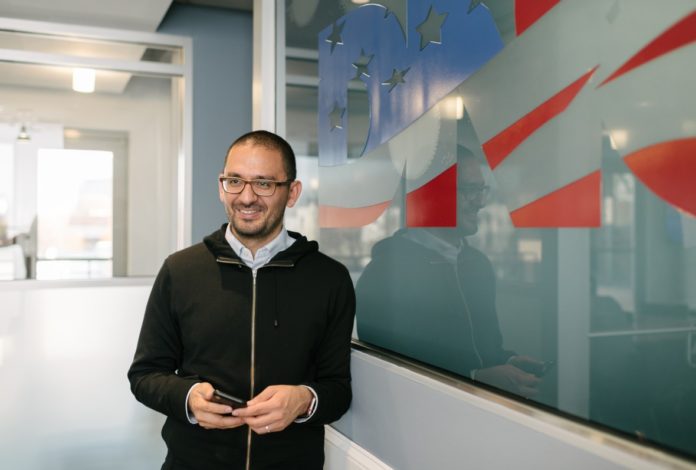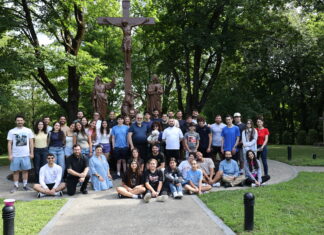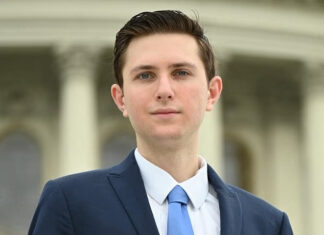By Hadas Gold
LISBON (CNN) — Two years after a campaign marred by hacking, the Democratic National Committee’s chief technology officer thinks they may have avoided a similar situation in the 2018 midterm elections.
On November 8, in his first interview after the midterm elections at the Web Summit conference, Raffi Krikorian told CNN Business they “didn’t hear much” on Election Day — but said the DNC remains on alert for trouble.
“Remember, any sophisticated attack is not something we’re going to detect today, it’s something we’re going to detect a few days or a few weeks or a few months from now,” he said.
A sophisticated hacker would figure out a way around the alerts and monitors the DNC has set up, he said. So now the DNC is in the middle of a post-mortem study.
“We’ll do a bunch of checking against what the elected counts look like, if the voter file looks different than from a week ago, scouring of all our network traffic logs,” Krikorian said.








